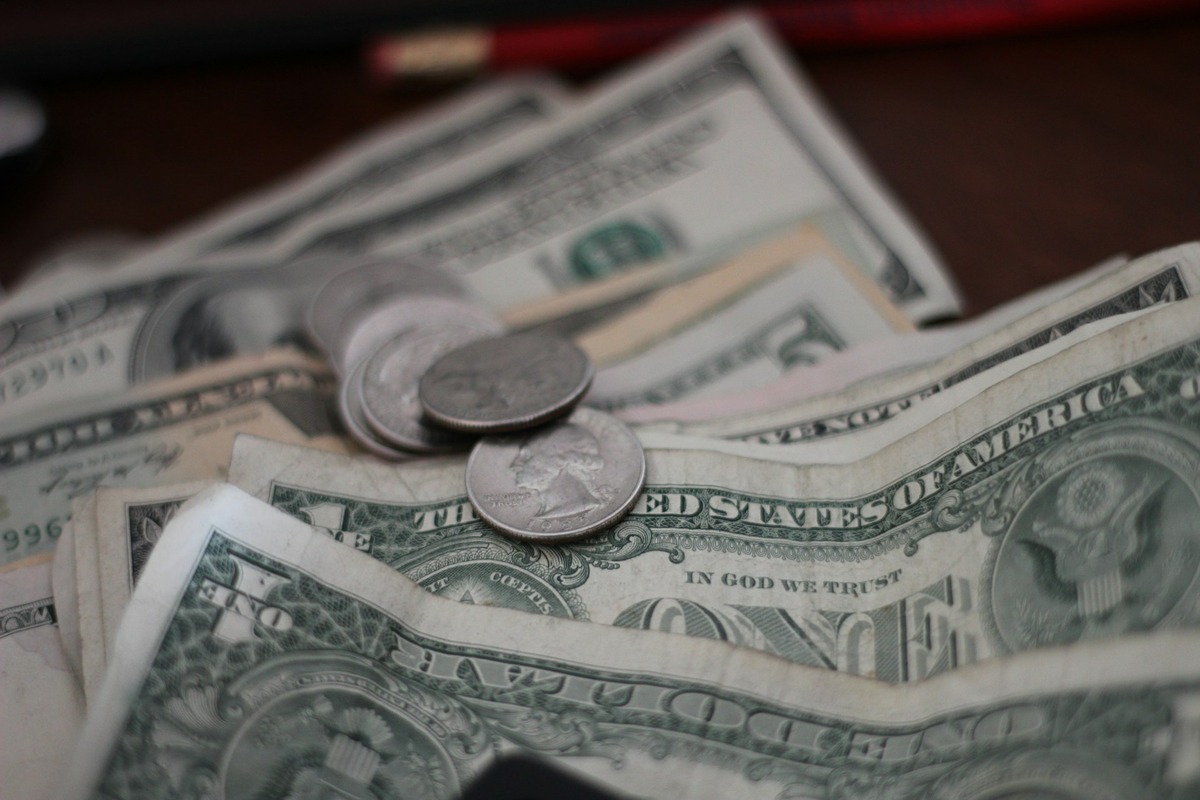Ask Skift: Why Are Junk Fees a Problem in the Travel Industry?

Skift Take
Junk fees — charges imposed by travel service providers that are seen as hidden, unnecessary, or excessive — are a constant source of frustration for travelers.
Why are junk fees a problem for the travel industry?
We put the question to Ask Skift, our artificial intelligence chatbot. Ask Skift used information from our past news coverage and research, and we also did additional reporting on the subject.
What Ask Skift said:Junk fees are problematic in travel for several reasons:
Lack of Transparency: These fees are often not clearly communicated to travelers upfront, making it difficult for them to understand the full cost of their travel plans. This lack of transparency can lead to unpleasant surprises when the final bill is presented.
Increased Costs: Junk fees can significantly inc

